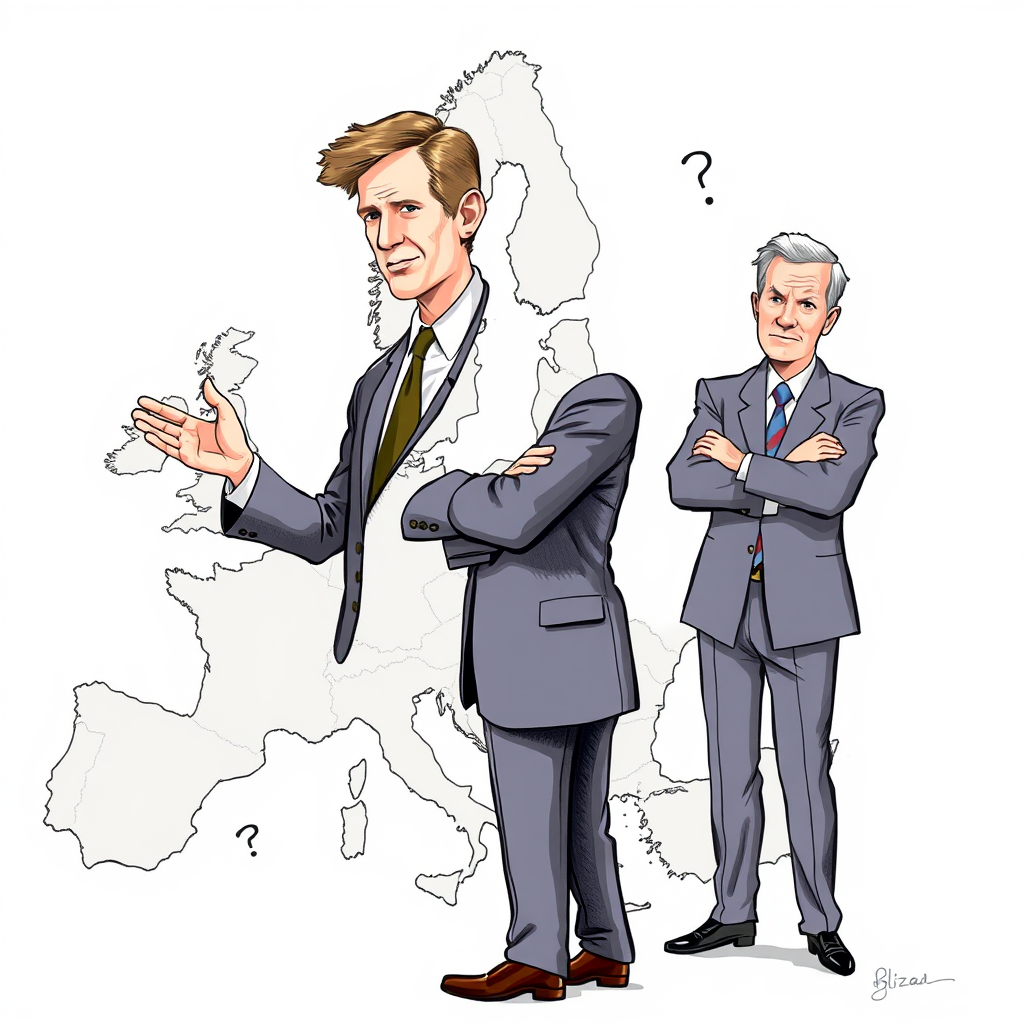Blitzer Challenges Senator's Bold Trump Prediction About Europe

CNN’s Wolf Blitzer challenged Senator John Kennedy’s (R-LA) assertion that European nations will ultimately express gratitude towards former President Donald Trump, during a discussion Tuesday about Trump’s initial months in office. The exchange occurred as Kennedy outlined what he perceived as positive outcomes of Trump’s first 100 days.
Blitzer initiated the segment by highlighting a recent CNN poll revealing low approval ratings for both Trump (41%) and Republican leadership in Congress (37%). He framed the numbers as potential “serious warning signs” for the GOP.
Kennedy responded with metaphorical language, stating it was “hard to find the honey in the rock” within such a short timeframe, but defended Trump’s actions, citing border security measures, deregulation efforts, and a shift in the national conversation surrounding the federal budget. He contrasted this with the Biden administration, claiming the previous focus was on raising taxes, while Trump and Elon Musk had prompted questions about economic spending.
The Louisiana senator then transitioned to foreign policy, arguing that Trump’s assertive presence “awakened Europe” regarding its economy and national defense. He predicted that Europeans, though unlikely to publicly admit it, would eventually thank Trump for prompting them to address vulnerabilities.
CNN’s Pamela Brown subtly signaled to Blitzer that Kennedy’s claim warranted a direct response. Blitzer, visibly skeptical, offered a terse, “We’ll see how that unfolds, senator,” effectively dismissing the notion without engaging in a lengthy debate.
The exchange highlights a clear disagreement regarding the long-term impact of Trump’s policies on international relations. While Kennedy frames Trump as a catalyst for positive change in Europe, Blitzer’s response suggests a considerable degree of doubt. It’s a predictable dynamic given the often polarized political landscape, and Blitzer’s measured skepticism serves as a responsible counterpoint to Kennedy’s optimistic projection. The senator’s claim, while potentially provocative, relies heavily on speculation about future European sentiment, making it difficult to assess its validity at this time.